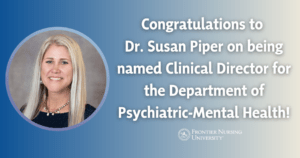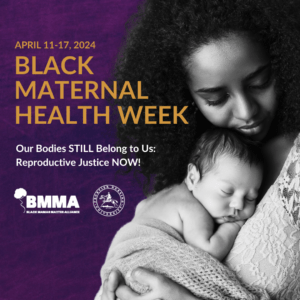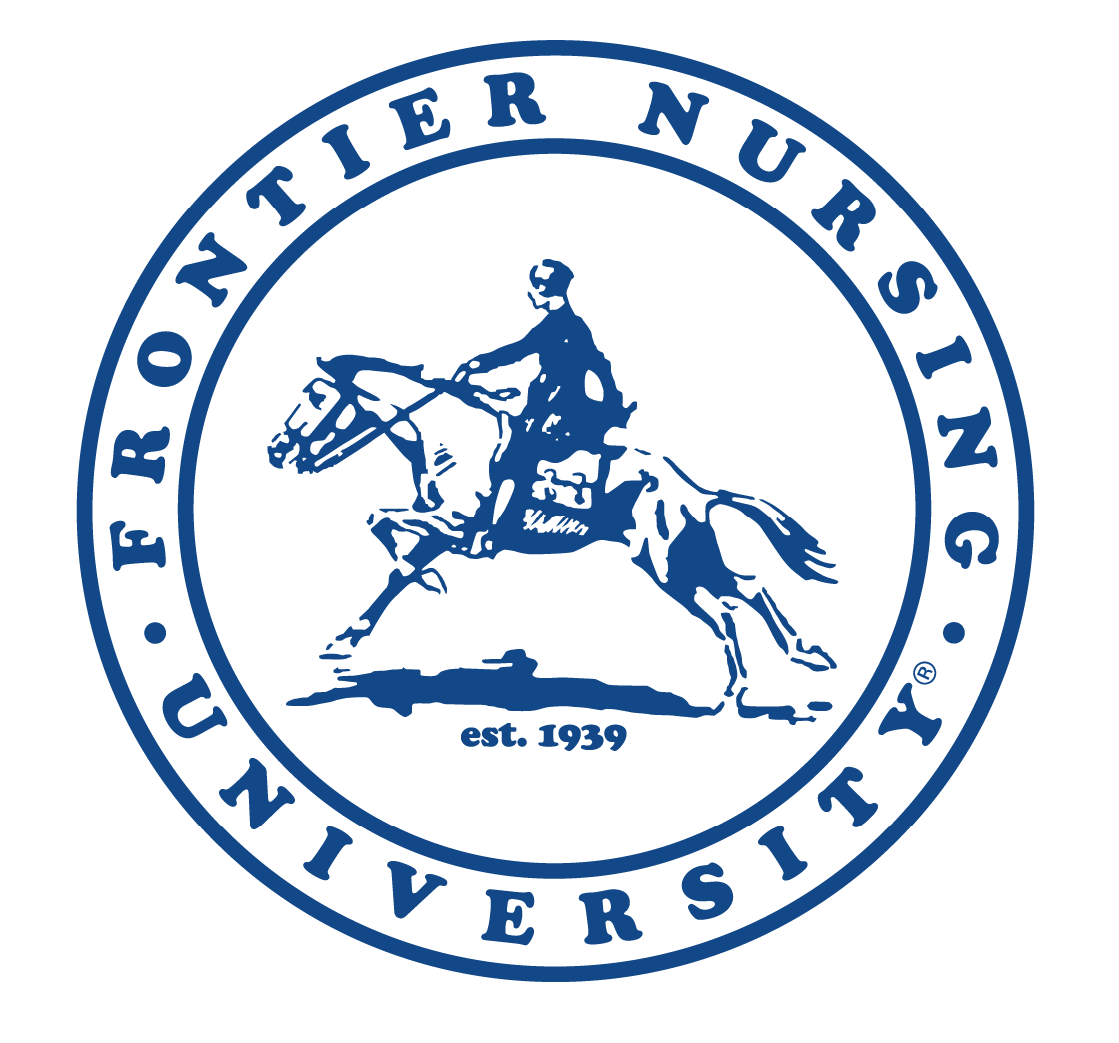 Frontier Nursing University (FNU) aims to give students the flexibility to reach their educational goals without sacrificing their personal lives. FNU leadership understands that the distance education model is a significant draw to students from various backgrounds with a wide array of scheduling needs. With this in mind, FNU programs of study are available for both full-time and part-time students. Full-time students require about 40 hours of course work per week, while part-time students can expect around 30 hours. Course terms run for 11 weeks with a two-week break between terms. FNU offers four application deadlines per year, each providing multiple orientation dates to work with students’ already busy schedules. Go here for more detailed information about FNU’s programs and check out FNU’s student journey page to learn more about what to expect as a Frontier student.
Frontier Nursing University (FNU) aims to give students the flexibility to reach their educational goals without sacrificing their personal lives. FNU leadership understands that the distance education model is a significant draw to students from various backgrounds with a wide array of scheduling needs. With this in mind, FNU programs of study are available for both full-time and part-time students. Full-time students require about 40 hours of course work per week, while part-time students can expect around 30 hours. Course terms run for 11 weeks with a two-week break between terms. FNU offers four application deadlines per year, each providing multiple orientation dates to work with students’ already busy schedules. Go here for more detailed information about FNU’s programs and check out FNU’s student journey page to learn more about what to expect as a Frontier student.
Take a look below for an example of a student’s course load. This blog examines the path of a Registered Nurse (RN) with a bachelor’s degree who desires to earn their Master of Science in Nursing (MSN) with the option of a Doctor of Nursing Practice (DNP).
Frontier Bound
The program kicks off with a three-day orientation, usually in-person on our campus in Kentucky. This year, to protect students, staff, and faculty during the pandemic, FNU has transitioned Bound to an entirely virtual event for incoming students. Nevertheless, students completing the most recent Frontier Bound reported feeling connected and inspired. Whether online or in-person, Frontier Bound allows students to meet their instructors and classmates and learn the skills needed for distance education. Students enjoy this time engaging with the people they will be working with throughout their journey and building their passion for the program.
Online Studies
Following Frontier Bound, students begin their online coursework with the opportunity to study as a full-time or part-time student. Students will learn in their home communities during this portion of their education but work closely with the friends and faculty they met during Frontier Bound through emails, video calls, online forums, and phone calls. Students will also receive additional guidance and support from a wide variety of staff and faculty members, including their academic advisor, clinical director, and department chair.
Obtaining a Clinical Site
Choosing the right site and preceptor can make a huge difference in a student’s clinical experience. A student will spend 675 hours training with their preceptor at a clinical site in their home community so finding the right fit is extremely important. This is why FNU has created the impactful Clinical Outreach and Placement Unit to assist students in identifying appropriate clinical sites. The Clinical Outreach and Placement team helps students discern which site types are appropriate based on their program of study, supports students in using resources to locate clinical sites and preceptors, and guides students to internal or external resources that are valuable in securing a site or preceptor.
Clinical Bound
At this point in their studies, students typically return to the Kentucky campus for a five-day clinical skills intensive; however, this is also a virtual experience during the Pandemic. Clinical Bound gives students a chance to regroup with classmates and instructors to prepare for the clinical practicum they will take on in their community. While at Clinical Bound, students begin to practice the hands-on skills for the subjects they studied in their didactic coursework. This is a time to gain confidence while working alongside other students and faculty members to best prepare for their Clinical Practicum.
Clinical Practicum
A graduate student’s next step is to fulfill their required clinical hours of nurse practitioner or nurse-midwifery services in their home community under a preceptor’s guidance. During the clinical practicum experience, students will work closely with a Regional Clinical Faculty (RCF) member who will provide advice and support to the student and preceptor during the clinical practicum. Before arrival, the RCF evaluates the student’s clinical site and preceptor to ensure an excellent clinical experience. RCFs remain accessible throughout the clinical practicum to share wisdom, resolve issues, and support the overall experience.
Comprehensive Exam
This portion of the journey may sound intimidating, but this is where it all pays off. Students that successfully complete a comprehensive exam for their specialty track will receive their MSN (or Post-Graduate Certificate)!
Option to Complete DNP
Suppose a student wants to continue with their education after receiving their MSN. In that case, Frontier encourages students to complete a Doctor of Nursing Practice. Here are a few reasons to consider continuing and completing a DNP as an FNU student.
Graduation
Although it is not required, in a non-COVID world, many students choose to return to Kentucky for a final ceremony with their classmates and mentors. FNU has set up our annual commencement ceremony to take place each September. This year, Frontier held a special virtual celebration. Faculty and students alike look forward to seeing nurse-midwives and nurse practitioners from almost every state across the U.S. come together with friends and family to celebrate all of the great work that has been accomplished by our Frontier community.
Join The FNU Family
Would you like to join a community of passionate healthcare professionals dedicated to helping women and families across the country? If FNU’s distance education program sounds right for you, check out the admissions page. Here, you will find information on application deadlines, orientation dates, and financial aid and scholarships. If you have any further questions, please visit our FAQ page or reach out to one of our excellent FNU admissions officers. We hope you will consider Frontier Nursing University to take your next big step in the graduate nursing world!





 Vanessa Cameron works for Vanderbilt University Medical Center in Nursing Education & Professional Development. She is also attending George Washington University and progressing towards a PhD in Nursing with an emphasis on ableism in nursing. After becoming disabled in April 2021, Vanessa’s worldview and perspective changed, and a recognition of the ableism present within healthcare and within the culture of nursing was apparent. She has been working since that time to provide educational foundations for nurses about disability and ableism, provide support for fellow disabled nursing colleagues, and advocate for the disabled community within healthcare settings to reduce disparities.
Vanessa Cameron works for Vanderbilt University Medical Center in Nursing Education & Professional Development. She is also attending George Washington University and progressing towards a PhD in Nursing with an emphasis on ableism in nursing. After becoming disabled in April 2021, Vanessa’s worldview and perspective changed, and a recognition of the ableism present within healthcare and within the culture of nursing was apparent. She has been working since that time to provide educational foundations for nurses about disability and ableism, provide support for fellow disabled nursing colleagues, and advocate for the disabled community within healthcare settings to reduce disparities. Dr. Lucinda Canty is a certified nurse-midwife, Associate Professor of Nursing, and Director of the Seedworks Health Equity in Nursing Program at the University of Massachusetts Amherst. She earned a bachelor’s degree in nursing from Columbia University, a master’s degree from Yale University, specializing in nurse-midwifery, and a PhD from the University of Connecticut. Dr. Canty has provided reproductive health care for over 29 years. Her research interests include the prevention of maternal mortality and severe maternal morbidity, reducing racial and ethnic health disparities in reproductive health, promoting diversity in nursing, and eliminating racism in nursing and midwifery.
Dr. Lucinda Canty is a certified nurse-midwife, Associate Professor of Nursing, and Director of the Seedworks Health Equity in Nursing Program at the University of Massachusetts Amherst. She earned a bachelor’s degree in nursing from Columbia University, a master’s degree from Yale University, specializing in nurse-midwifery, and a PhD from the University of Connecticut. Dr. Canty has provided reproductive health care for over 29 years. Her research interests include the prevention of maternal mortality and severe maternal morbidity, reducing racial and ethnic health disparities in reproductive health, promoting diversity in nursing, and eliminating racism in nursing and midwifery. Dr. Lisa Meeks is a distinguished scholar and leader whose unwavering commitment to inclusivity and excellence has significantly influenced the landscape of health professions education and accessibility. She is the founder and executive director of the DocsWithDisabilities Initiative and holds appointments as an Associate Professor in the Departments of Learning Health Sciences and Family Medicine at the University of Michigan.
Dr. Lisa Meeks is a distinguished scholar and leader whose unwavering commitment to inclusivity and excellence has significantly influenced the landscape of health professions education and accessibility. She is the founder and executive director of the DocsWithDisabilities Initiative and holds appointments as an Associate Professor in the Departments of Learning Health Sciences and Family Medicine at the University of Michigan. Dr. Nikia Grayson, DNP, MSN, MPH, MA, CNM, FNP-C, FACNM (she/her) is a trailblazing force in reproductive justice, blending her expertise as a public health activist, anthropologist, and family nurse-midwife to champion the rights and health of underserved communities. Graduating with distinction from Howard University, Nikia holds a bachelor’s degree in communications and a master’s degree in public health. Her academic journey also led her to the University of Memphis, where she earned a master’s in medical anthropology, and the University of Tennessee, where she achieved both a master’s in nursing and a doctorate in nursing practice. Complementing her extensive education, she completed a post-master’s certificate in midwifery at Frontier Nursing University.
Dr. Nikia Grayson, DNP, MSN, MPH, MA, CNM, FNP-C, FACNM (she/her) is a trailblazing force in reproductive justice, blending her expertise as a public health activist, anthropologist, and family nurse-midwife to champion the rights and health of underserved communities. Graduating with distinction from Howard University, Nikia holds a bachelor’s degree in communications and a master’s degree in public health. Her academic journey also led her to the University of Memphis, where she earned a master’s in medical anthropology, and the University of Tennessee, where she achieved both a master’s in nursing and a doctorate in nursing practice. Complementing her extensive education, she completed a post-master’s certificate in midwifery at Frontier Nursing University.









 Dr. Tia Brown McNair is the Vice President in the Office of Diversity, Equity, and Student Success and Executive Director for the Truth, Racial Healing, and Transformation (TRHT) Campus Centers at the American Association of Colleges and Universities (AAC&U) in Washington, DC. She oversees both funded projects and AAC&U’s continuing programs on equity, inclusive excellence, high-impact practices, and student success. McNair directs AAC&U’s Summer Institutes on High-Impact Practices and Student Success, and TRHT Campus Centers and serves as the project director for several AAC&U initiatives, including the development of a TRHT-focused campus climate toolkit. She is the lead author of From Equity Talk to Equity Walk: Expanding Practitioner Knowledge for Racial Justice in Higher Education (January 2020) and Becoming a Student-Ready College: A New Culture of Leadership for Student Success (July 2016 and August 2022 Second edition).
Dr. Tia Brown McNair is the Vice President in the Office of Diversity, Equity, and Student Success and Executive Director for the Truth, Racial Healing, and Transformation (TRHT) Campus Centers at the American Association of Colleges and Universities (AAC&U) in Washington, DC. She oversees both funded projects and AAC&U’s continuing programs on equity, inclusive excellence, high-impact practices, and student success. McNair directs AAC&U’s Summer Institutes on High-Impact Practices and Student Success, and TRHT Campus Centers and serves as the project director for several AAC&U initiatives, including the development of a TRHT-focused campus climate toolkit. She is the lead author of From Equity Talk to Equity Walk: Expanding Practitioner Knowledge for Racial Justice in Higher Education (January 2020) and Becoming a Student-Ready College: A New Culture of Leadership for Student Success (July 2016 and August 2022 Second edition).